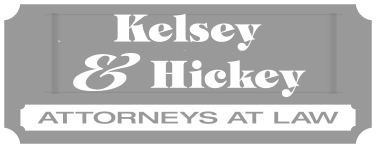Creating an estate plan is not about wealth. It is about upholding your wishes after your death.
You can put all your plans in a will, but that could leave your family dealing with the lengthy probate process following your death. Fortunately, there is documentation you can include in your estate plan allowing them to bypass probate.
Joint ownership
In Texas, the joint owner of an asset, such as a business or property has the right of survivorship. The two forms of joint ownership recognized by the state are joint tenancy and survivorship community property. Joint tenancy passes a property directly to the other owner when one owner dies. Survivorship community property is for property owned by spouses. When one spouse dies, the other retains sole ownership.
Living trust
You can name beneficiaries for virtually any asset in a living trust, and those assets will go directly to the beneficiary without probate. The process is similar to a will. However, with a living trust, you remain the owner of the trust until your death, upon which the successor trustee you named would take over and distribute assets according to your wishes.
POD and TOD designation
You can place a payable-on-death designation on financial accounts, such as banking and savings to ensure someone receives the total balance after your death. You can also place a transfer-on-death registration for a vehicle or a transfer-on-death deed for real estate to ensure those assets go directly to the listed beneficiary.
How you choose to form your estate plan is personal. Sometimes it is simple with a single beneficiary, but it can be as complex as you choose.
